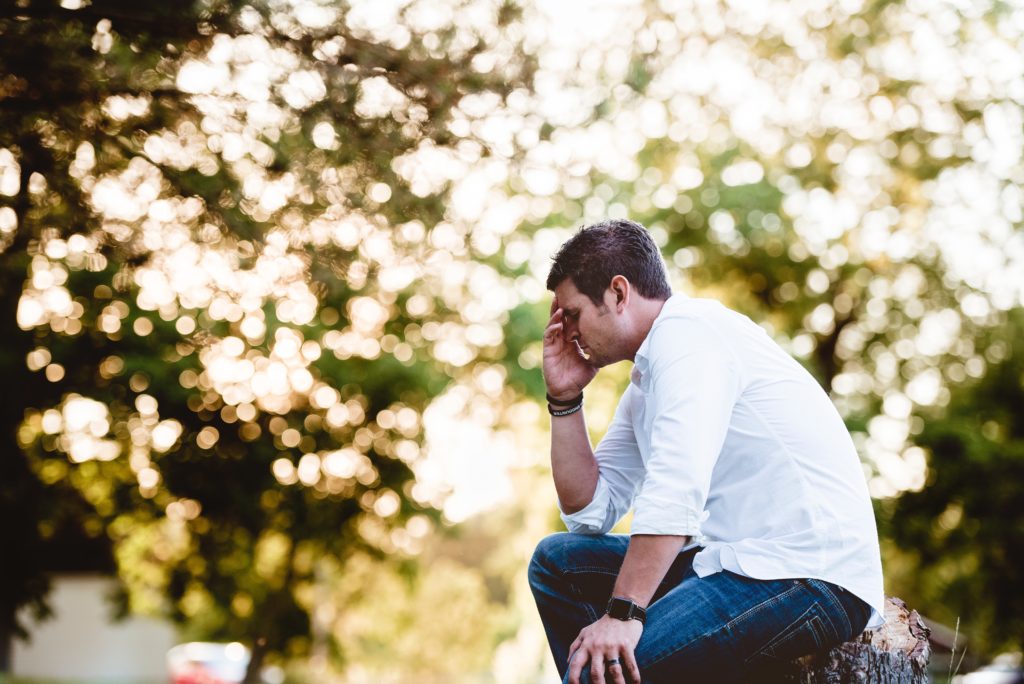
Do you ever doubt your beliefs?
The fact is that we all do. We doubt the little things, and sometimes we doubt the big things. The really, really big things.
I’ve written before about an experience I had while in seminary, when I doubted the Biggest Thing Ever—whether there’s a God, and whether any of this is true.
Doubt is an important part of growing up. There comes a time in our maturation when we have to move beyond “that’s what I’ve always been taught” to “this is what I believe, for myself, with conviction; here I stand; I can do no other.” If you never do this, you essentially remain a child, at the mercy of those who want you to remain a child even though you’re an adult. And that, my friend, is profoundly unhealthy. Such a relationship is inevitably going to become abusive.
I deal with college students all day long. College age—whether you go to college or not—is the time when we transition into adulthood, when we ask hard questions about what we’ve always been taught and come to personal convictions about what we believe and how we will live. It’s the right time to work through those issues. Adulthood awaits.
But asking those questions can be scary. Where will I come out? Is there light at the end of the tunnel? For some people, the tunnel is darker than for others, and it can generate a fair amount of fear. When I was doubting—when I didn’t know how it would all turn out—I was deeply unsettled.
But I can say most assuredly that I am better for having doubted, for having gone through the unsettling experience. One reason is that beliefs that are never tested are never proved. Another reason is that working out your convictions makes them, and you, stronger. Yet another reason is that I have stories to encourage younger brothers and sisters who are now in that growth process. I’m profoundly grateful that I have had, and progressed through, that period of doubt.
Something I learned from the experience is that in thinking through what we’ve been taught, we’re often biased toward rejecting it, for several reasons.
- Familiarity breeds contempt, even when the contempt is undeserved. Add to that the fact that you know where the bodies are buried in the landscape of your life: you’ve seen sin and failure and hypocrisy in people who participated in your upbringing—parents, siblings, teachers, pastors. That’s the inevitable result of living in a broken world, but it nonetheless inclines you to reject where you came from. The problem is that there may well be a baby in that bathwater.
- The grass seems greener on the other side of the fence. There’s as much imperfection over there as you experienced in your upbringing—it’s a broken world, remember—but you haven’t experienced that, and everything looks fresh and new and exciting over there.
- I’ve used trite maxims in the previous two points, so I’ll avoid that on this one. We live in an increasingly unstable culture. The pace of cultural philosophy, like the news cycle, is accelerating, and there’s considerable social pressure to throw out the old and embrace the new. If you toss it all, you’ll get instant affirmation and support from many quarters.
Now, I’m not saying that we shouldn’t throw out some of the things we were taught. In fact, by saying that we live in a broken world, I’ve implied just the opposite. I was taught things that I haven’t retained as an adult, and undoubtedly we all should have a similar experience. But I am saying that as you make those decisions, good and necessary decisions, you’ll be inclined to throw out things that you shouldn’t. You need to proceed carefully, thoughtfully, intentionally, rather than just chucking everything.
As I walked that path, I learned some principles that I found helpful in evaluating what to keep and what to toss. I’d like to take a few posts to share them with you.

Matthew Walker says
I guess one is better for doubting if one is better for having “little faith.” I don’t know the Lord agrees. I think the almost exasperation in Jesus leans the other way (Matthew 14:31).